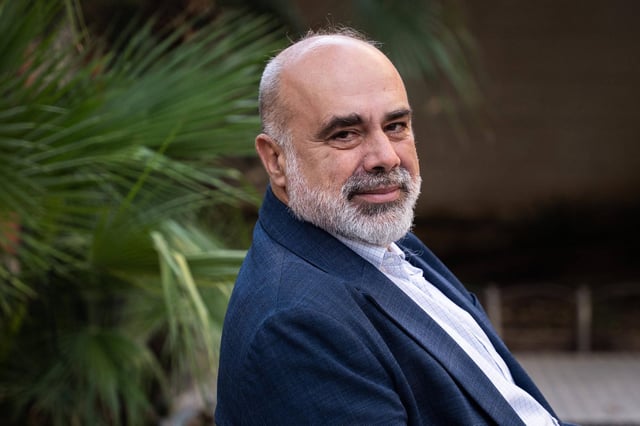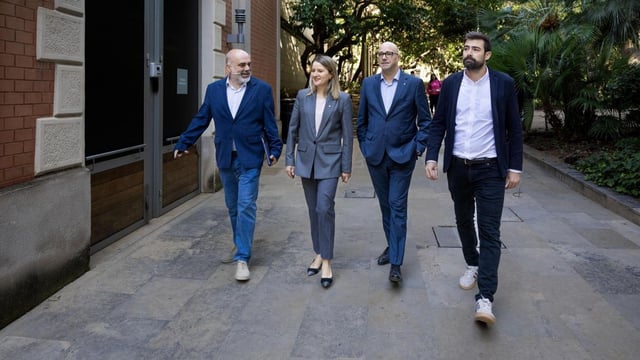Overview
- Presenting its report in Barcelona, the CETIS group led by Pau Marí‑Klose concludes current transfers are underfunded, narrowly targeted and have limited impact, noting Spain spends 1.5% of GDP on anti‑poverty measures versus 2.4% in the EU.
- The panel says rising housing costs are driving material deprivation beyond monetary poverty and recommends expanding rental aid and creating a housing cost complement that the consellera suggested could be integrated through the Renta Garantizada de Ciudadanía.
- To reduce large non‑take‑up identified by AIReF—about 50% for the Ingreso Mínimo Vital and 70% for child aid—the report proposes school‑based identification of vulnerable families (NESE), simplified procedures and proactive outreach by the administration.
- Catalonia‑specific figures cited include 35,000 households with children receiving housing aid, 91,000 in severe poverty and 180,000 at risk, alongside an estimated 34.7% child poverty rate.
- Authors propose a time‑limited universal benefit in early childhood to bring all children into the system, while the consellera called the cost high but floated a universal first year with ongoing support retained for lower‑income families pending government design and funding.


